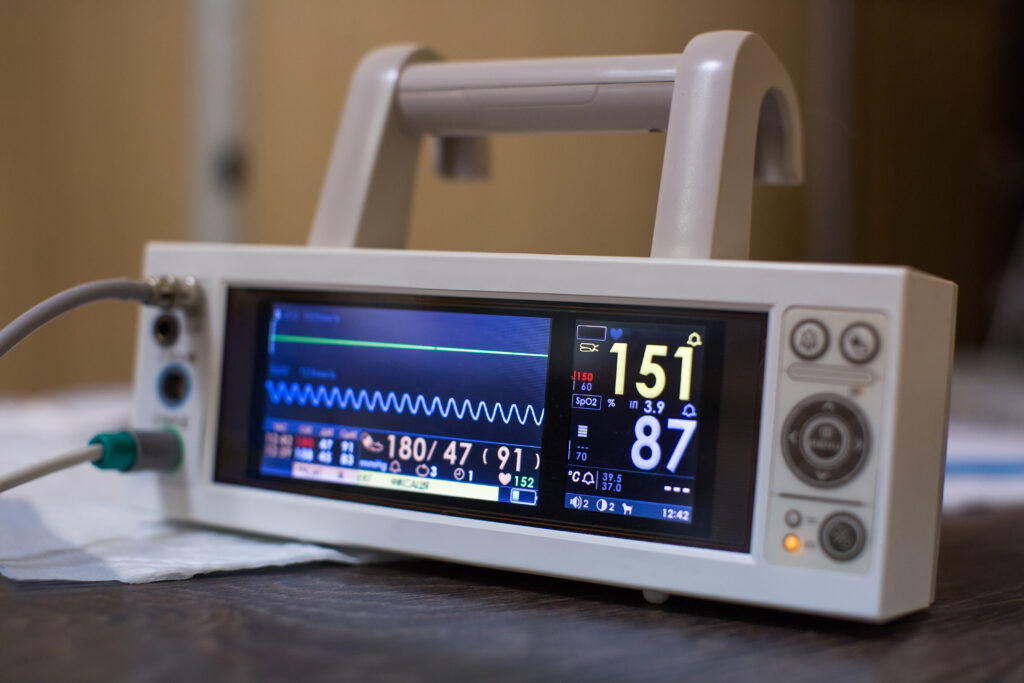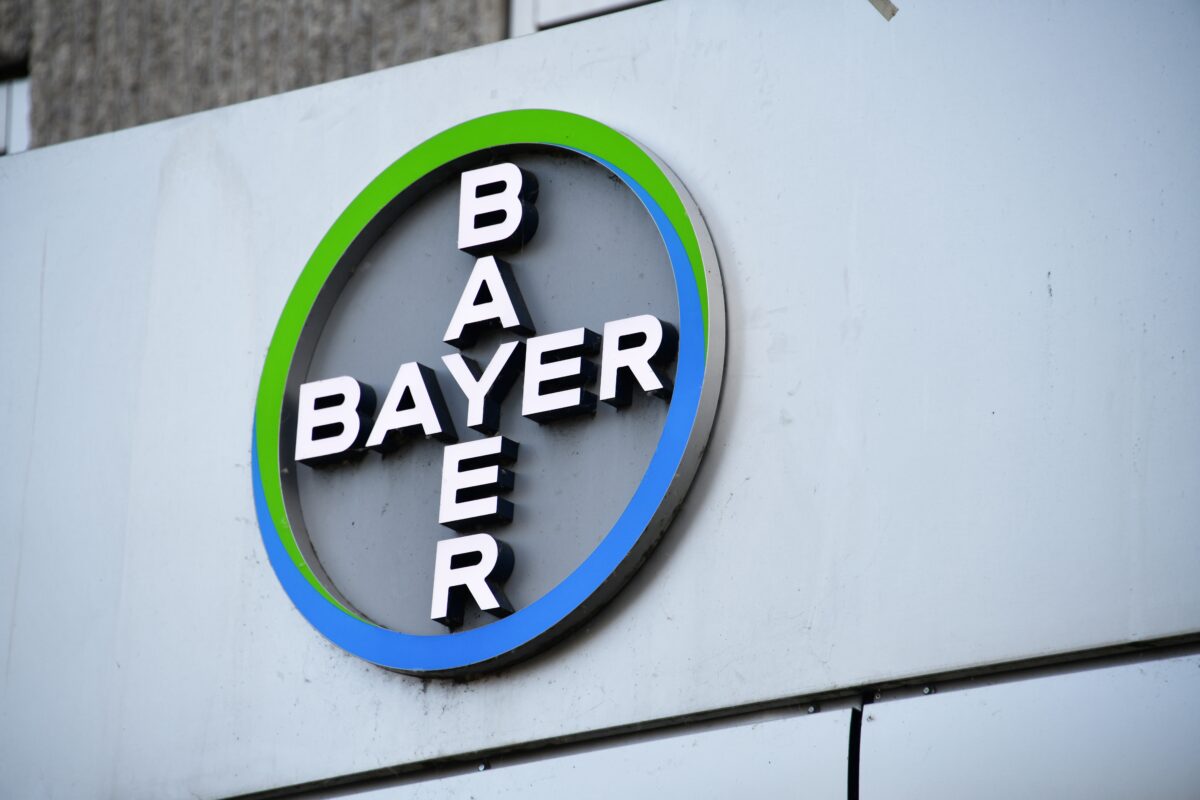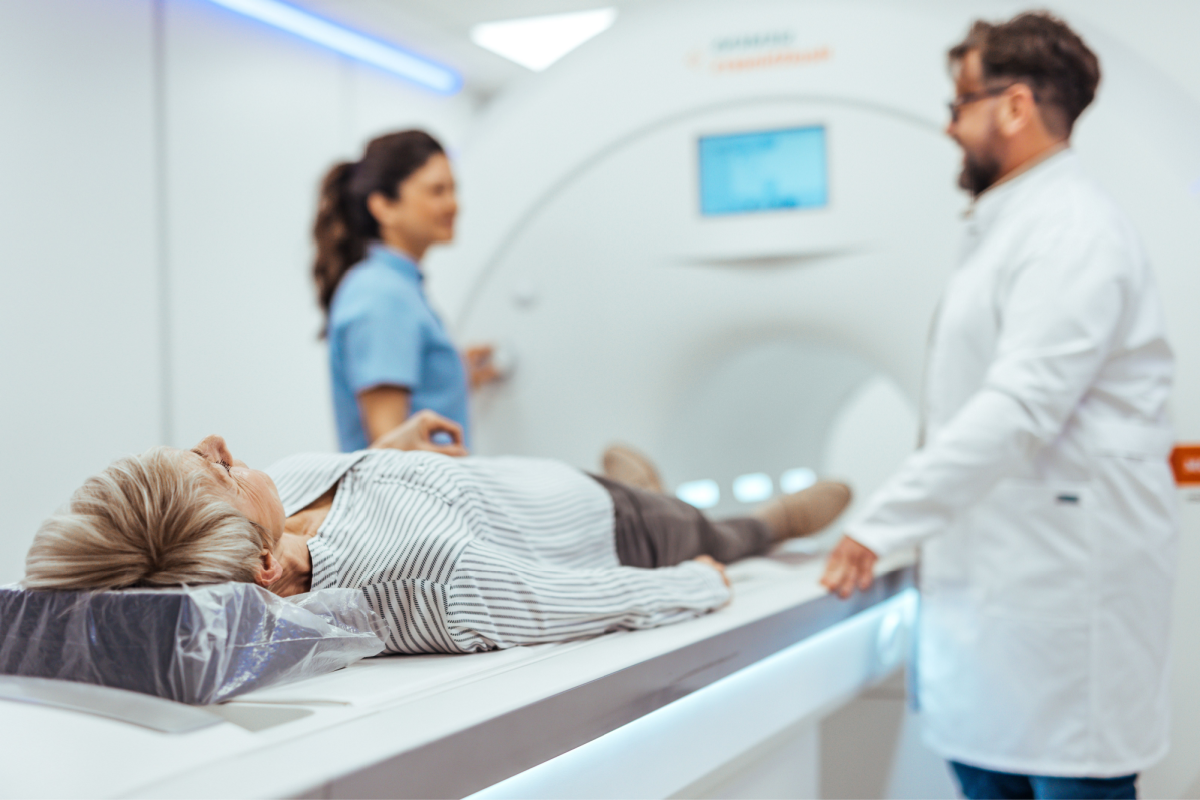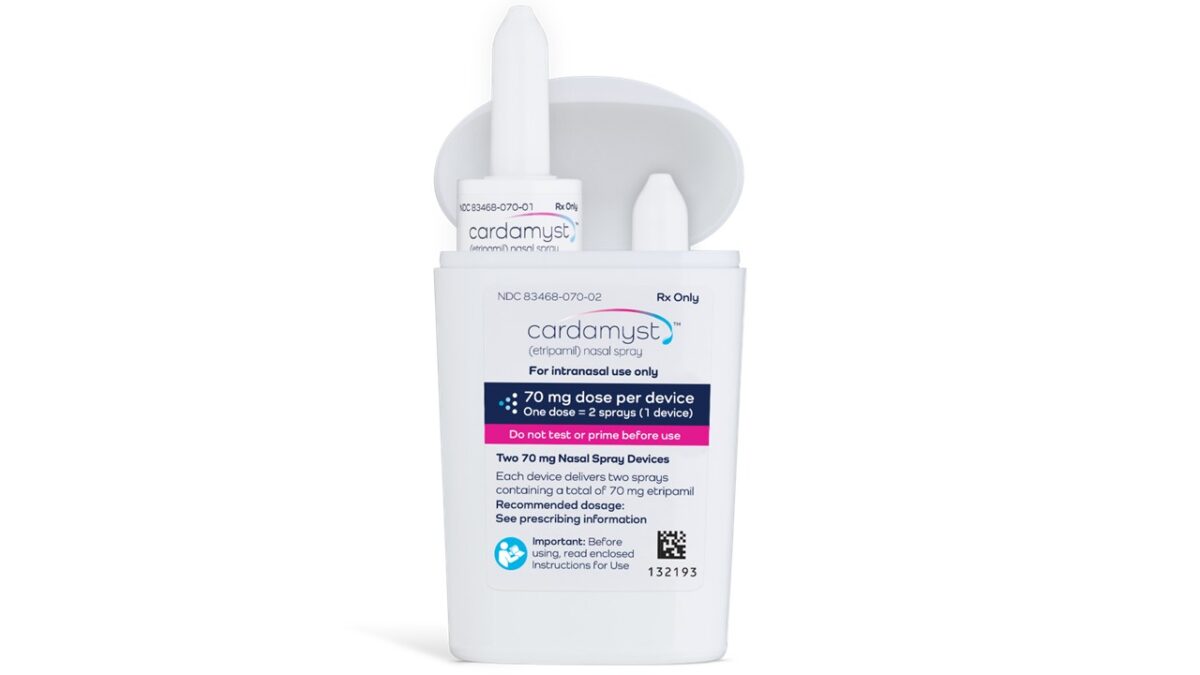Medical device and in vitro diagnostics technologies provider SurModic Inc. has announced that its new drug-coated balloon (DCB) SurVeil has been granted approval by the US Food and Drug Administration (FDA).
The balloon is designed for the treatment of patients with peripheral artery disease.
The approval comes after the FDA made several requests for additional data, which lengthened the approval process that began in 2021.
According to Surmodics, SurVeil DCB is approved to be marketed and sold in the US for percutaneous transluminal angioplasty of de novo or restenotic lesions in femoral and popliteal arteries having reference vessel diameters of 4 mm to 7 mm.
Abbott has exclusive worldwide commercialization rights for SurVeil and will receive a $27 million payment from the company, expecting to receive $24 to $24.5 million of that in the third quarter of its 2023 fiscal year.
Surmodics will manufacture and supply the device and realize revenue from product sales to Abbott as well as a share of profits from Abbott’s third-party sales.
XTALKS WEBINAR: Medical Technology: The Innovation Imperative for Growth Stage Companies
Live and On-Demand: Friday, July 14, 2023, at 1pm EDT (10am PDT)
Register for this free webinar to explore the importance of innovation for growth-stage companies and gain valuable insights into strategies for bringing differentiated medical devices to market.
“Obtaining FDA approval for our SurVeil DCB is one of the most important achievements in Surmodics’ history,” said Gary Maharaj, president and CEO of Surmodics, in the company’s press release. “It represents a major milestone in our efforts to develop next-generation products to help millions of people affected by peripheral artery disease and the physicians that treat them.”
The SurVeil DCB received CE Mark Certification in the European Union in June 2020.
Surmodic’s device will be going up against Medtronic’s IN.PACT Admiral balloon, which both feature balloons coated with paclitaxel (an antineoplastic drug used to prevent cell growth). SurVeil has an edge over IN.PACT as it is coated with a lower dose of the drug.
SurVeil’s FDA approval was based on 24 months of data from the pivotal, head-to-head TRANSCEND clinical trial that compared it against Medtronic’s IN.PACT. Results from the trial showed that SurVeil was non-inferior to IN.PACT with respect to both safety and effectiveness at a significantly lower drug dose.
Of the participants that were treated with SurVeil DCB, 81.8 percent met the secondary safety endpoint versus 83.2 percent of subjects treated with the IN.PACT Admiral DCB. The secondary safety endpoint was a combination of freedom from device- and procedure-related death through 30 days post-index procedure and freedom from major target limb amputation as well as clinically driven target vessel revascularization (CD-TVR).
Needham analyst Mike Matson said he expects the SurVeil balloon to be a “meaningful” growth driver for Surmodics, estimating the global market for drug-coated balloons at $400 million in 2023. Matson estimated that Abbott can generate $18 million in sales from the device in fiscal 2024 of which $9 million would go to Surmodics. He predicted sales could rise to $59 million for Abbott in 2027, with $29 million going to Surmodics.












Join or login to leave a comment
JOIN LOGIN